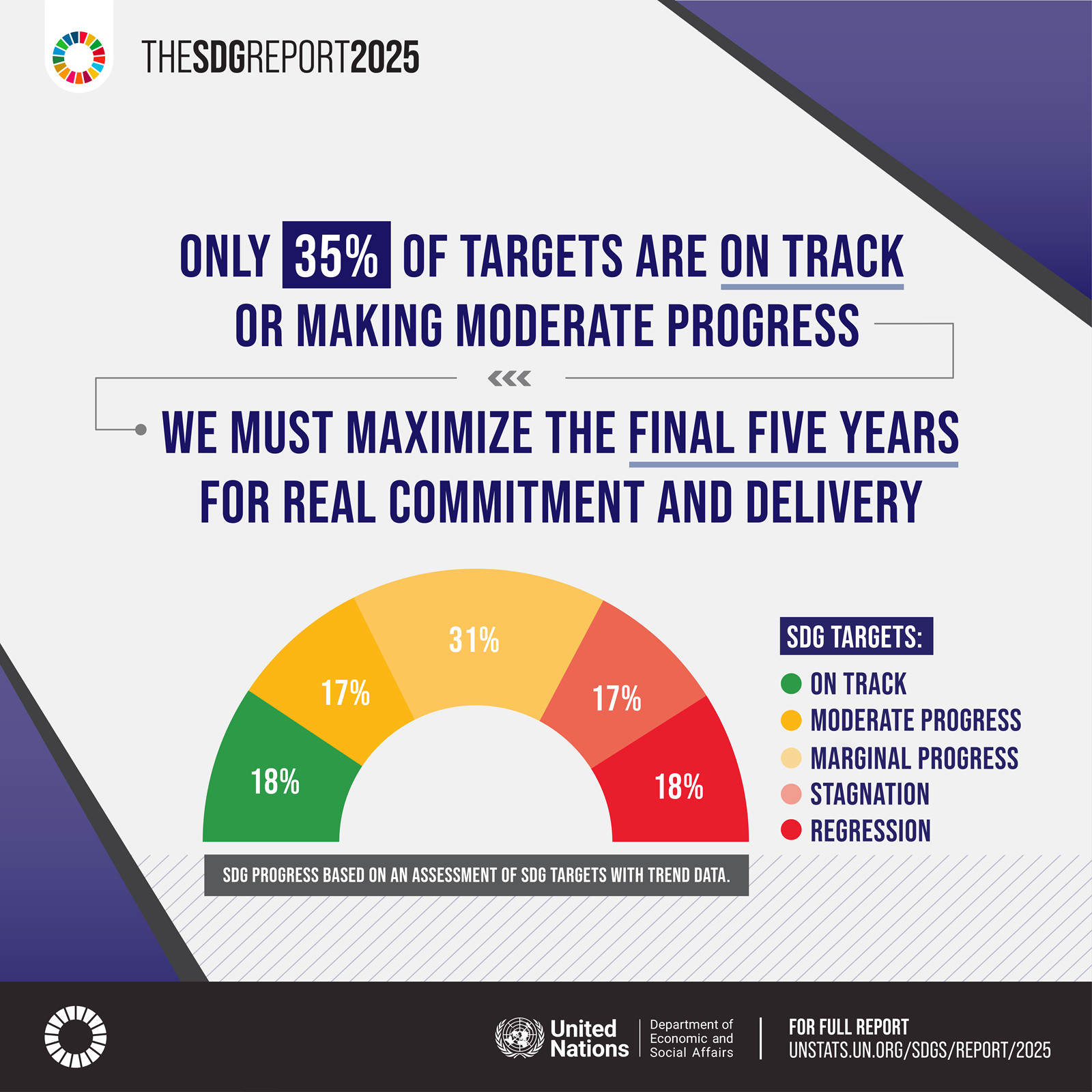A
side event organized by CISDE, CAFOD, Trocaire,
and Caritas Internationalis underscored
Pope Francis’s Laudato
Si’ (powerful message on our moral responsibility to care for
creation) principles and held discussions regarding the extent to which they could
be useful as a transformative response to the global climate change challenge.
Panelists shared their experiences from Tuvalu, the Philippines and the United
Nations.
Sharing
Tuvalu’s experiences as a
Pacific Island State, Prime Minister - Enele Sosene Sopoaga noted that the
current severe human-induced events call for urgent action to cut back on use
of fossil fuels and replace them with Renewable Energy options. He appealed to
everyone who cares to heed to the Pope’s warning that is summed up in the
encyclical. ‘There is no time to waste – drowning of people due to cyclones and
other forms of disasters should be contained by our very equal response’, he
added.
Tuvalu has always had to fight with extreme weather
events like storm surges and floods. But
as a consequence of climate change and sea level rise, the frequency and
magnitude of these weather events are intensified. Even a very minor rise in
the sea level would have "severely negative effects on atolls and low
islands" (IPCC 2001, p. 856) and would increasingly threaten areas with
inundation. Additionally, the effects of storm surges and floods are
exacerbated due to the fact that natural break-waters, like coral reefs, are
decreasing because of global warming.
Prime Minister Enele Sosene Sopoaga expressed
fear for inaction since the Paris Agreement came into force. ‘There is a
resurgence of very weak leadership, obstructionist approaches and cannibalizing
the Paris Agreement while vulnerable communities are bring submerged’, he
cautioned. He therefore warned that it is not moral enough to do more dialogue
when emissions are still going high, but rather act – by reducing CO2 emissions
from the atmosphere, and keeping fossil fuels in the ground.
Neil
Thorns (CAFOD) agreed that the Tuvalu Premier that the current ‘cannibalizing’
models of development need to change. He suggested the UNESCO’s
Declaration of Ethical Principles in relation to Climate Change (2017). He
particularly singled out the need to have climate action participatory at all
levels through listening to all groups. In addition he called for the need for
promoting equitable and just transition (that related to NDCs, Climate actions
and plans.
Tetel
Lauron (IBON International) noted
that false solutions like bioenergy carbon capture, geoengineering with ethical
and moral questions, as they tinker with natural systems, with unknown consequences.
She called for a change of paradigm in support of the poor and theroi efforts
to get out of poverty. ‘Pull those that are far ahead’ (in reference to Agenda
2030’s Leave No One Behind. This
calls for building reconstructing structures that strengthen the powerless,
redistribute resources and power based on gender, social and environmental
considerations.
Jean
Pascal (Advisor to the Fiji delegation and Scientist) called for increased
political debates on climate actions / climate change issues in national
parliaments and community meetings than it is currently. He reminded the
meeting that through the Laudato Si the Pope speaks to more people across the
world, not only Catholics.
